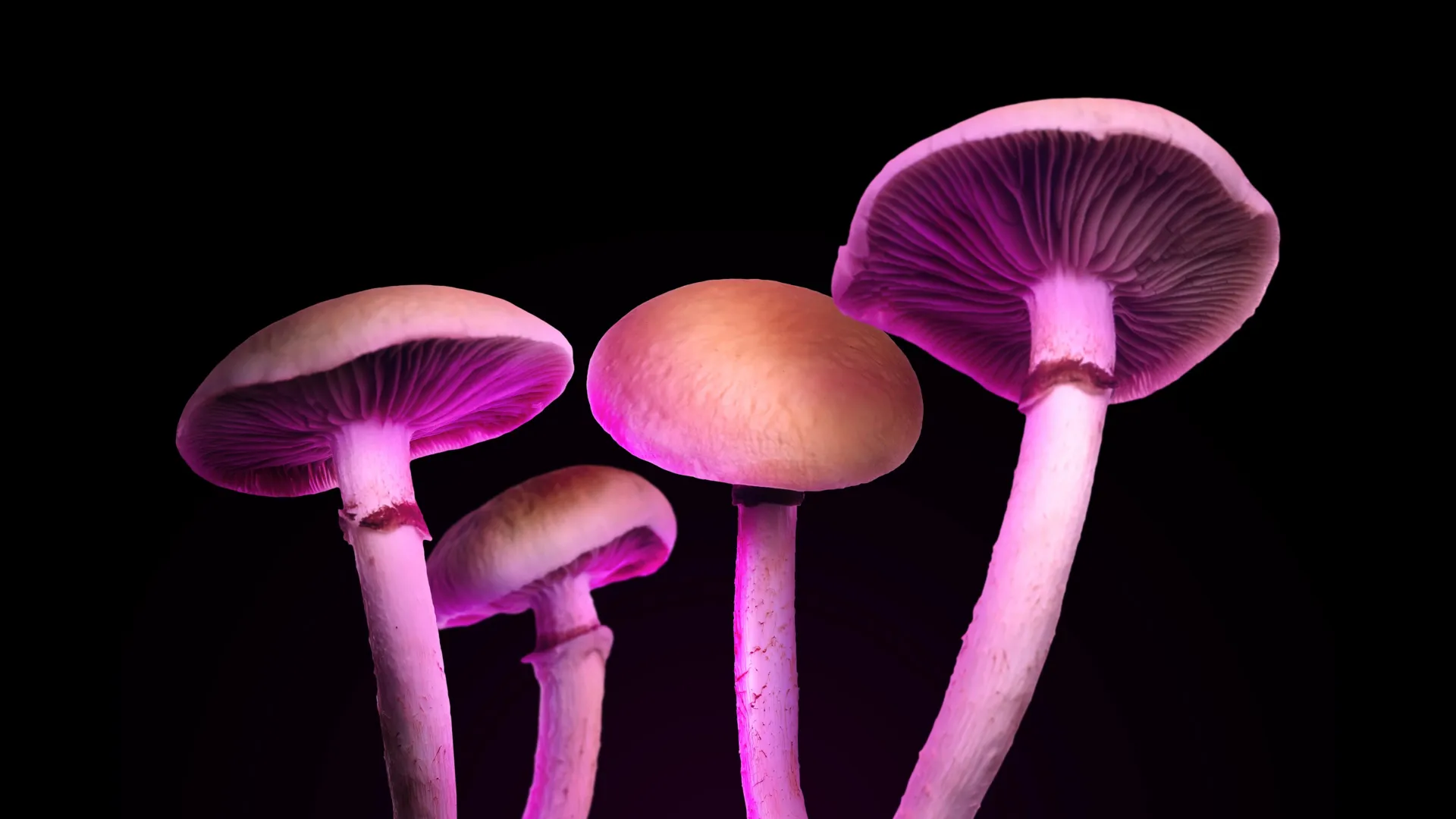Psilocybin Breakthrough: Stunning Lifespan Boost for Cells
Psilocybin’s Remarkable Potential to Extend Human Cell Lifespan by Over 50%
Psilocybin, the psychoactive compound found in so-called “magic mushrooms,” has long been known for its powerful effects on the mind. However, researchers have recently uncovered an extraordinary new potential for this natural molecule: extending the lifespan of human cells by over 50%. This groundbreaking discovery, stemming from a 2025 study, reveals that psilocybin’s therapeutic reach could go far beyond mental health, offering promising avenues in longevity science and regenerative medicine.

The 2025 Study: Unveiling Psilocybin’s Anti-Aging Effects
In a carefully controlled laboratory experiment, scientists applied psilocybin to cultured human skin and lung cells. The results were nothing short of astonishing. Compared to untreated cells, those exposed to psilocybin aged at a significantly slower rate. Key indicators of cellular health—such as telomere length, DNA repair activity, and resistance to oxidative stress—showed marked improvement. In simple terms, psilocybin not only helped cells live longer but also enhanced their ability to repair damage and withstand harmful environmental factors.
This discovery builds on earlier research that primarily focused on psilocybin’s psychiatric benefits, including its successful use in clinical trials for treatment-resistant depression, anxiety, and PTSD. While these mental health applications remain crucial, the anti-aging and cell regeneration properties hint at a much broader and deeper influence that psilocybin could exert on human biology.
How Psilocybin Works at the Cellular Level
Understanding the mechanisms behind psilocybin’s effects on cell lifespan is key to unlocking its therapeutic potential. Psilocybin interacts with serotonin receptors in the brain to alter perception, but these receptors are also found on various types of cells throughout the body. Activation of certain serotonin pathways has been linked to enhanced cell survival and reduced inflammation.
Moreover, initial findings suggest that psilocybin may stimulate signaling pathways involved in cellular stress response and autophagy—the process by which cells clear out damaged components to maintain health. By promoting more efficient repair and cellular housekeeping, psilocybin-treated cells appear to mitigate some of the damage that typically accumulates with aging.
Implications for Longevity and Regenerative Medicine
The fact that psilocybin could slow aging in human cells opens exciting possibilities in the field of longevity research. Most current anti-aging interventions target symptoms or secondary effects of aging rather than the underlying cellular deterioration. Psilocybin’s ability to enhance repair mechanisms and bolster stress resistance points to a more fundamental way to counteract biological aging.
If future clinical trials confirm that psilocybin safely extends the healthspan of human tissues, we might see the development of new therapies aimed at delaying age-related decline, reducing the prevalence of chronic diseases, and improving overall quality of life. For instance, psilocybin-based treatments might be formulated as supplements to boost tissue regeneration or as adjunct therapies in regenerative medicine protocols designed to repair damaged organs.
Beyond Mental Health: Psilocybin’s Expanding Role in Medicine
Currently, psilocybin is best known for its promising results in psychiatry, where it has been hailed as a breakthrough for tackling complex mental health conditions that have resisted conventional treatment. The revelation of its anti-aging properties represents a paradigm shift, transforming how medicine views this compound—from a purely psychoactive agent to a multifaceted therapeutic molecule.
This dual potential reinforces the importance of continued research into psychedelic compounds, as the repertoire of benefits expands far beyond their historical stigma or singular mental health focus. A future where psilocybin contributes both to mental wellness and physical longevity is increasingly plausible.
Challenges and Future Directions
Despite the excitement, several hurdles remain before psilocybin can be widely used as an anti-aging intervention. Chief among these is validating the findings from cell cultures in actual human trials. Human biology is complex, and effects observed in vitro don’t always translate directly to safe, effective treatments.
Additionally, long-term safety profiles, optimal dosages, and delivery methods need thorough investigation. Researchers are also exploring whether related compounds found in fungi—or synthetic analogs—might harness similar benefits with fewer psychoactive effects, expanding options for clinical application.
Conclusion: A New Era for Psilocybin and Longevity Science
The discovery that psilocybin may extend the lifespan of human cells by over 50% marks a thrilling development at the crossroads of neuroscience, cellular biology, and aging research. Far from being just a “magic mushroom” compound, psilocybin could emerge as a key player in the quest to slow down aging processes and foster regeneration.
As the science progresses, we could envision a future where psilocybin-derived therapies not only alleviate mental distress but also help combat age-related decline, offering a holistic approach to health and longevity. Nature’s enigmatic “magic” molecule may thus hold the dual keys to unlocking better mental health and an extended, healthier lifespan.
#Psilocybin #LongevityResearch #AntiAgingScience #CellRegeneration #MedicalBreakthrough